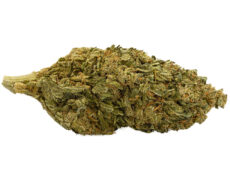Modified on: 19/04/2024
IT OFFERS THE SAME AROMA AND TASTE AS MARIJUANA, BUT IT’S MUCH MORE POWERFUL. THAT’S WHY PEOPLE LOVE IT SO MUCH.
Among cannabis derivatives (such as the CBD flowers), concentrates are becoming increasingly popular due to the unique qualities that distinguish them.
Cannabis concentrates are obtained from the processing of the resin produced by the inflorescences and contain a high concentration of cannabinoids (THC, CBD and terpenes); therefore, they have greater effects than other cannabis derivatives. In addition, they are very versatile: they can be the base of different types of products.
-
 SMALL & BIG
SMALL & BIGBUBBLEGUM
Starting from: 1,25CHF/gIndoor | CBD – CBDA <22%
Grams3 5 10 20 50 100 -


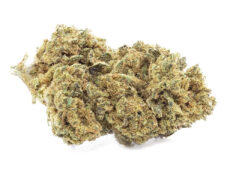
DO SI DOS
Starting from: 2,00CHF/gIndoor | CBD – CBDA < 19%
Grams3 5 10 20 50 100 -


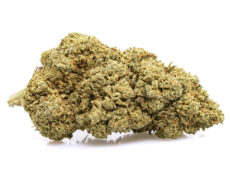
ROYAL GG#4
Starting from: 2,30CHF/gIndoor | CBD – CBDA < 40%
Grams3 5 10 20 50 100 -


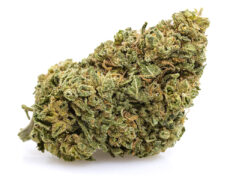
GORILLA GLUE
Starting from: 2,90CHF/gIndoor | CBD – CBDA < 20%
Grams3 5 10 20 50 100
Among the most recent concentrates on the market, live resin is one of the most popular (in countries where it is legal to market this type of product). In this article we discover what it is and what are the qualities that have made it successful among the public.
Also read: Malta has also legalized the recreational use of cannabis: here’s what happened
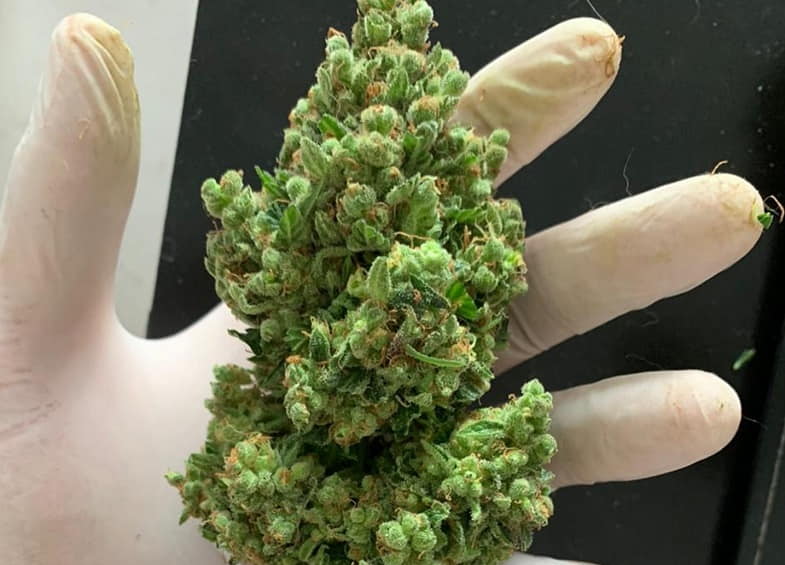

Live cannabis resin: what is it?
‘Live resin’ is a type of concentrate with a high cannabinoid content that is obtained from the fresh flowers of the plant, instead of the dried and cured buds as is the case with traditional concentrates.
Its peculiarity lies in the way this product is made: the freshly cut buds of the plant are frozen immediately, so as not to give time for the degradation of the terpenes and cannabinoids they contain, for their subsequent use in the preparation of the concentrate.
This is the fundamental difference with respect to other cannabis concentrates, which usually exploit dried and cured buds.
Live cannabis resin: how is it obtained?
Normally, the flowers used in the production of regular cannabis concentrates undergo a drying and curing process that negatively affects the terpene profile of the plant, as it exposes the trichomes to potential stress factors, such as excessive heat or presence of parasites, which leads to the degradation of terpenes (which translates into their significant reduction that can reach up to 50%).
On the contrary, in the case of live resin, freezing the buds ensures that the latter maintain unaltered concentrations of terpenes throughout the manufacturing process. To do this, however, it is necessary to lower the temperature considerably (down to cryogenic freezing using liquid nitrogen to reach -196°C), using special laboratory equipment which, however, significantly raises the production costs of this concentrate of cannabis (and obviously makes it impossible to reproduce this sophisticated extraction process at home).
More specifically, the extraction is carried out using a solvent (usually butane that is put under pressure to reach subcritical temperatures), which, in contact with the cannabis, allows the isolation and extraction of terpenes and cannabinoids.
The extracted product then takes the form of a concentrated oil rich in these chemical compounds, but it is completely devoid of vegetable matter (approximately 95% of the initial weight is lost at the end of this process).
Furthermore, since this type of concentrate has a high concentration of terpenes, the extracted product is not compact like normal concentrates, but will tend to be more gelatinous with decidedly more pronounced aromas and flavors.
Also read: Everything you need to know about trimming (pruning) cannabis
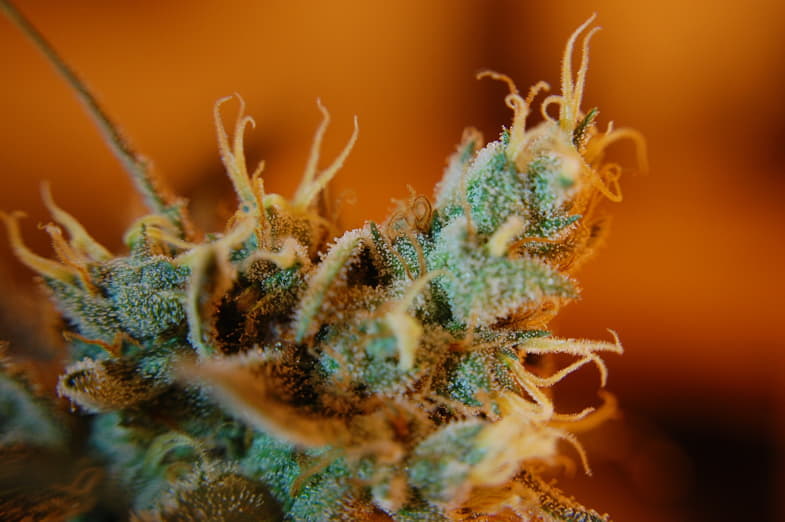

Advantages and disadvantages of the live resin obtained from the resin of the cannabis plant
We have seen how among the disadvantages of this concentrate are the high production costs, which are evidently reflected in the sale price to the final consumer.
Regarding the potential advantages, however, they would derive from the high concentration of THC that this product presents (it can reach up to 90% THC).
Such high percentages of this psychoactive substance could be useful in the therapeutic field for all those who have to fight chronic pain on a daily basis or counteract the symptoms of serious pathologies, such as chemotherapy or radiotherapy.
In fact, some scientific studies seem to suggest that terpenes contribute not only to the taste and smell of cannabis, but also to produce its psychoactive effects, along with cannabinoids.
What are the differences between ‘live resin’ and other concentrates extracted from cannabis?
The main difference compared to other types of concentrates, as we have already had the opportunity to highlight, refers to the extraction process.
All concentrates are extracted from the inflorescences or Cbd buds. If in the classic concentrates, on the other hand, the flowers used must have previously gone through a drying and curing process, in the case of live resin, on the other hand, the recently harvested buds are frozen and remain in this state even during the extraction process to block metabolic processes and degradation of plant material.
Freezing freshly cut flowers, in fact, allows you to keep the properties of cannabinoids and terpenes unaltered, even if this process involves the use of sophisticated equipment and specialized personnel.
Unlike traditional concentrates, therefore, live resin has a higher concentration of cannabinoids and terpenes, which translates into greater effectiveness in terms of effects, as well as a fresher and more fragrant aroma that is much more similar to that of fresh cannabis.
On the other hand, to produce this substance, sophisticated equipment is needed that greatly increases the price of the final product for consumers and, let’s remember, live resin is illegal in Switzerland and Europe, given the high percentage of THC it contains.
If you are interested in learning more about the characteristics of a product with a high concentration of cannabidiol, we invite you to visit this page where you will find a wide selection of CBD oils.


